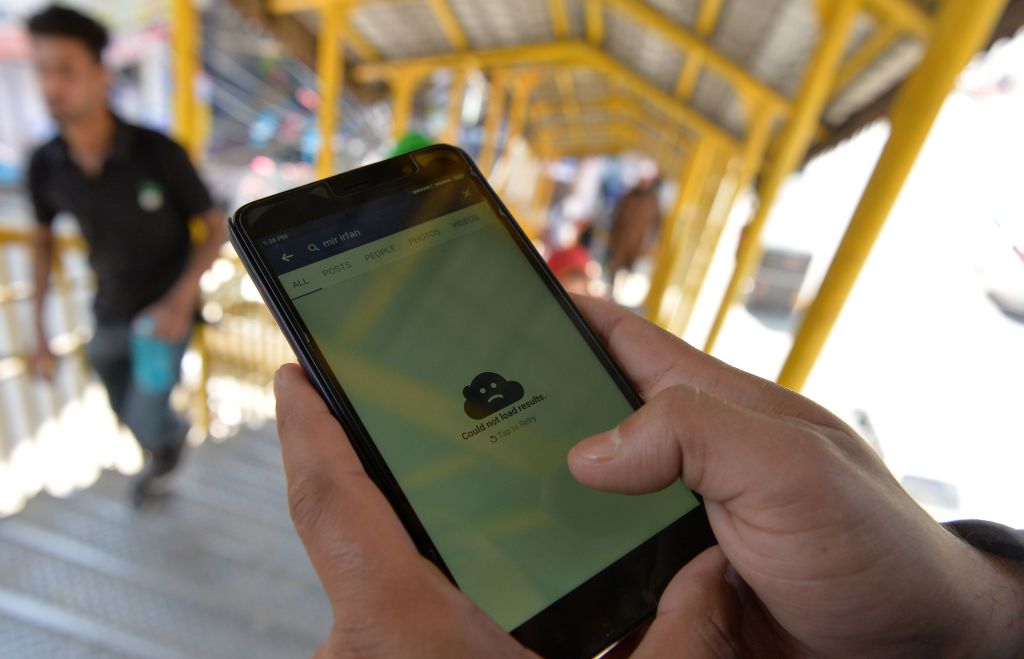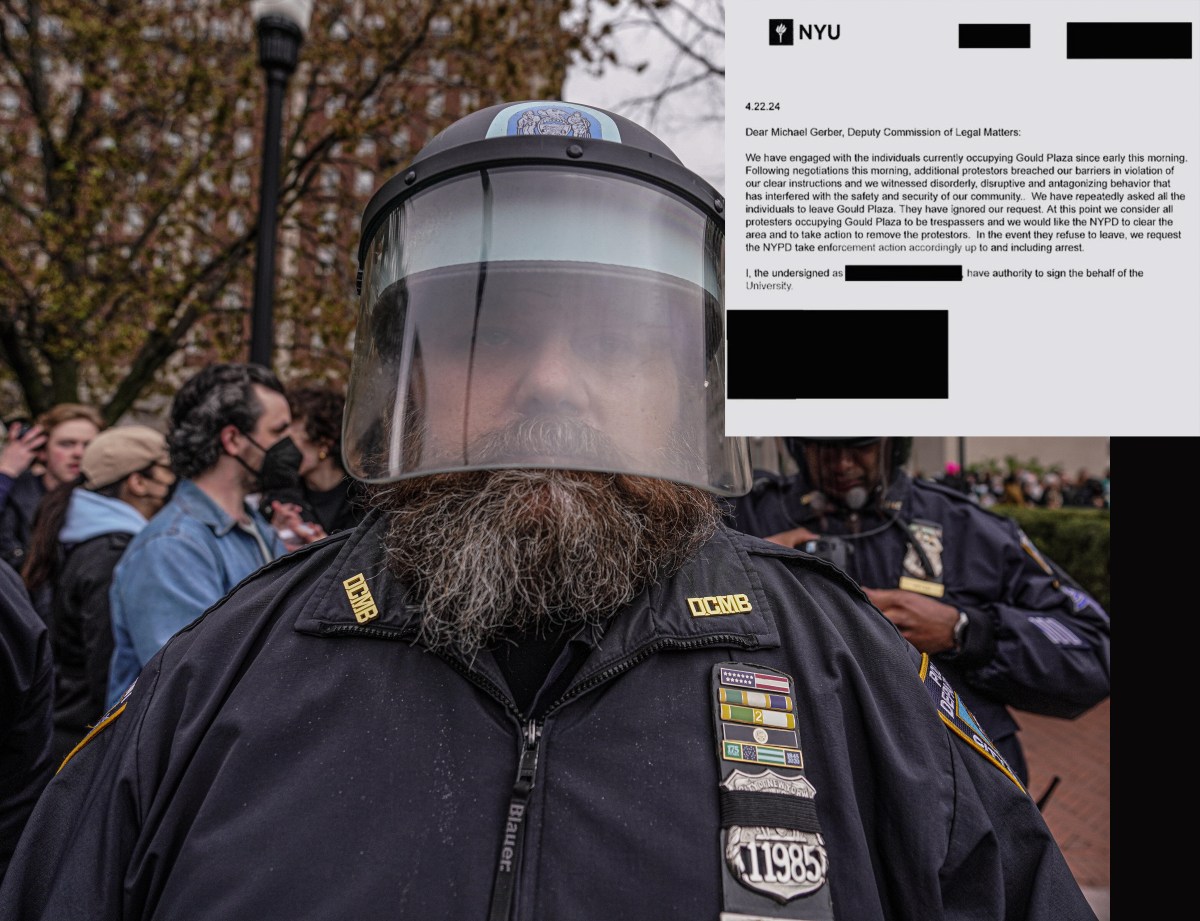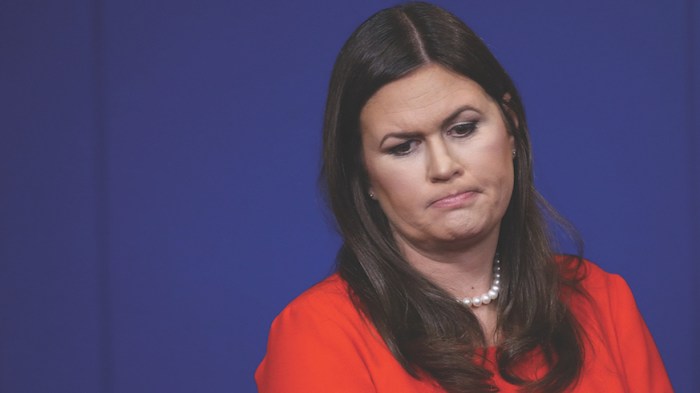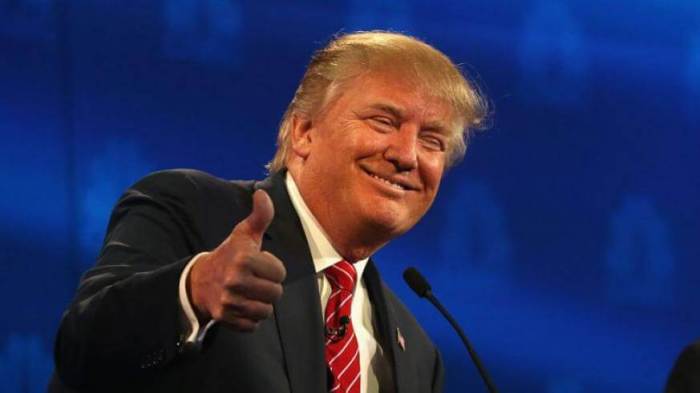Politicians can no longer block critics on social media as it now constitutes a violation of the First Amendment, a federal appeals court ruled on Monday in a case known as Brian Davison v. Phyllis Randall. If you’ve been blocked on Twitter or other platforms by an elected official because of criticism, you may have grounds to complain.
“Today’s decision confirms that the First Amendment prohibits government censorship on new communications platforms,” said Katie Fallow, one of the attorneys who argued the case. “Public officials, who increasingly use social media accounts as public forums to foster speech and debate among their constituents, have no greater license to suppress dissent online than they do offline.
The ruling may prove problematic for several New York officials who have blocked voters and journalists after facing public scrutiny, including State Senator Kevin Parker and City Councilmember Jimmy Van Bramer.
Parker, who responded to a GOP aide accusing him of obstructing a bike lane in December by Tweeting “kill yourself,” went on to block critics on Twitter responding to him. While he later apologized for his comments, the blocks were not lifted, causing some to complain that they were unable to see Parker’s apology.
Likewise, Councilmember Van Bramer came under fire in November for blocking the organization Queens Anti-Gentrification Project from commenting on his Instagram account, supposedly for making a post accusing him of hypocrisy regarding Amazon’s upcoming HQ2 in Long Island City. Van Bramer accused the group of threatening him physically and claimed that he had gotten the go-ahead from City Council lawyers that the act was legal.
As of press time, neither Parker’s nor Van Bramer’s offices responded to our requests for comment.
Aside from these notable cases, a number of New York politicians and organizations, including the Taxi and Limousine Commission, Port Authority, and several State Assembly members have blocked a number of people on Twitter, ProPublica found. Their information is incomplete, however, as several bodies, including the State Assembly refused to provide lists, claiming that the Freedom of Information Law does not apply. Given that the ruling declares that elected officials’ social media accounts are Constitutionally protected “public forums,” this may change in the future.
With this ruling, individuals and groups who complain of being silenced by politicians may have precedent to bring their own cases forward, if they so choose. While this case is not the first to rule that to block critics on Twitter is unconstitutional–Donald Trump is currently appealing a case from May 2018 that ruled against him–it is the first to reach a federal appeals court. If Phyllis Randall and the Loudon County Board of Supervisors elect to appeal again, the US Supreme Court may have to decide just how constitutional our right to post is.
Politicians only can’t block critics
Not everyone who has been blocked by politicians has grounds to sue, however. The judges found in favor of the plaintiff because he had been blocked for expressing dissenting opinions to that of the chairwoman of a Virginia county’s Board of Supervisors.
“The First Amendment forecloses officials from suppressing speech on the basis of viewpoint,” said Jameel Jaffer, executive director for the Knight Institute, the legal team representing the plaintiff. “With so many public officials using social media as a means of communicating with their constituents, the Fourth Circuit’s thoughtful ruling will undoubtedly have broad impact.”
Online trolls and those attempting to personally harass their elected officials may find less favor to appeals to be unblocked.

















